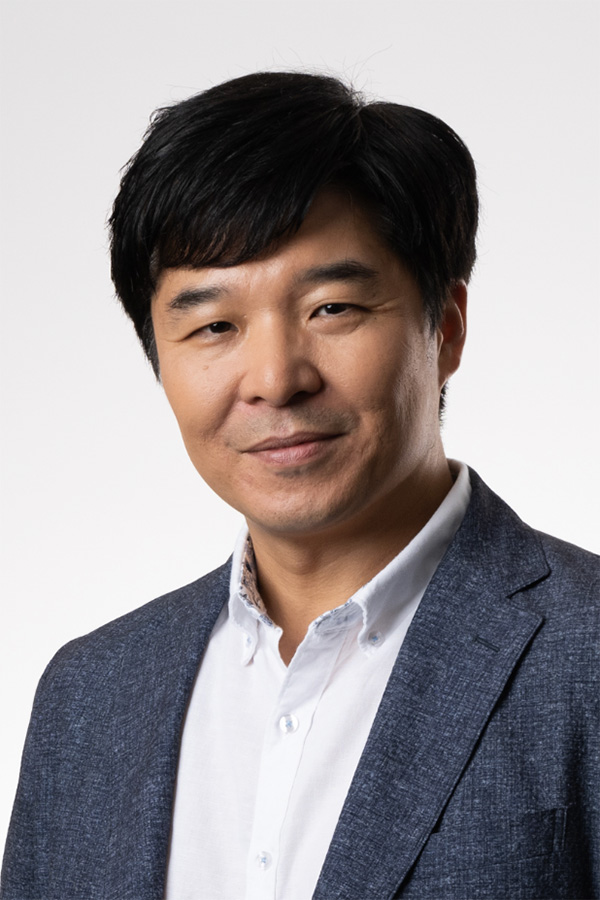Scientists, Symphony To Conduct Music, Brain Development Study
By: Stephen Fontenot | Sept. 22, 2023

A cognitive neuroscientist from The University of Texas at Dallas School of Behavioral and Brain Sciences (BBS) is working with the Dallas Symphony Orchestra (DSO) to investigate the impact of music education on neurological development and academic performance in school-age children.

For part of the project, Dr. Yune Lee, assistant professor of speech, language, and hearing, will use electroencephalogram (EEG) data and brain images from students involved in the DSO’s Kim Noltemy Young Musicians Program to quantify how musical training programs impact the brain.
“DSO’s free after-school music program for local children from underrepresented backgrounds has demonstrated huge success and has had a positive impact on academic performance,” Lee said. “I met with their CEO, and we decided to evaluate this effect, while also tracking cognitive, language and emotional development.”
Fifty children will participate in the first wave of assessments, which will focus on trying to isolate a music-specific effect on the subjects’ development distinct from other after-school activities.
“Half of the students are assigned to after-school music classes, while half are in visual arts classes and then will join the music classes in January,” Lee said. “Each group will go through rigorous instruction for up to 7½ hours per week.”
The students will undergo a yearlong assessment, which will include three EEG sessions; cognitive, language and music tasks; and socio-emotional questionnaires. An EEG measures electrical activity in the brain using small electrodes attached to the scalp. The neuroimaging will be performed using a portable device that requires about 30 minutes to collect data that will allow scientists to evaluate whether changes in the brain are connected to behavioral changes.

To learn more about how UT Dallas is enhancing lives through transformative research, explore New Dimensions: The Campaign for UT Dallas.
“There is a growing body of evidence demonstrating the positive effects of music on the human mind and body across all ages,” said Lee, who also directs the SLAM (Speech, Language and Music) Lab at the Callier Center for Communication Disorders and is a researcher at the UT Dallas Center for BrainHealth. “It’s particularly important in children, whose brains are developing on a massive scale.”
The Kim Noltemy Young Musicians Program approaches orchestral music instruction during childhood as a vehicle to shape the character and social development of its students, who are in first through eighth grade. Noltemy, the Ross Perot President and CEO of the Dallas Symphony Association, said she is pleased to partner with UTD to show the impact that music has on the brain.
“We see the evidence every day in our current students and alumni of our education programs, and it will be fascinating to see a scientific demonstration of that impact,” she said.
Lee’s research team includes Dr. Mandy Maguire, associate professor of speech, language, and hearing and director of the Developmental Neurolinguistics Lab at the Callier Center, and cognition and neuroscience doctoral student Carole Leung. The first year of the project is funded by the DSO. Lee has applied for a grant from the National Endowment for the Arts to secure more funding and continue the study beyond its initial year.
“My hope is to follow these students and see where they end up a couple of decades later and, along the way, accumulate evidence that the impact of a child’s music learning lasts a lifetime,” Lee said.
Media Contact: Stephen Fontenot, UT Dallas, 972-883-4405, stephen.fontenot@utdallas.edu, or the Office of Media Relations, UT Dallas, (972) 883-2155, newscenter@utdallas.edu.





